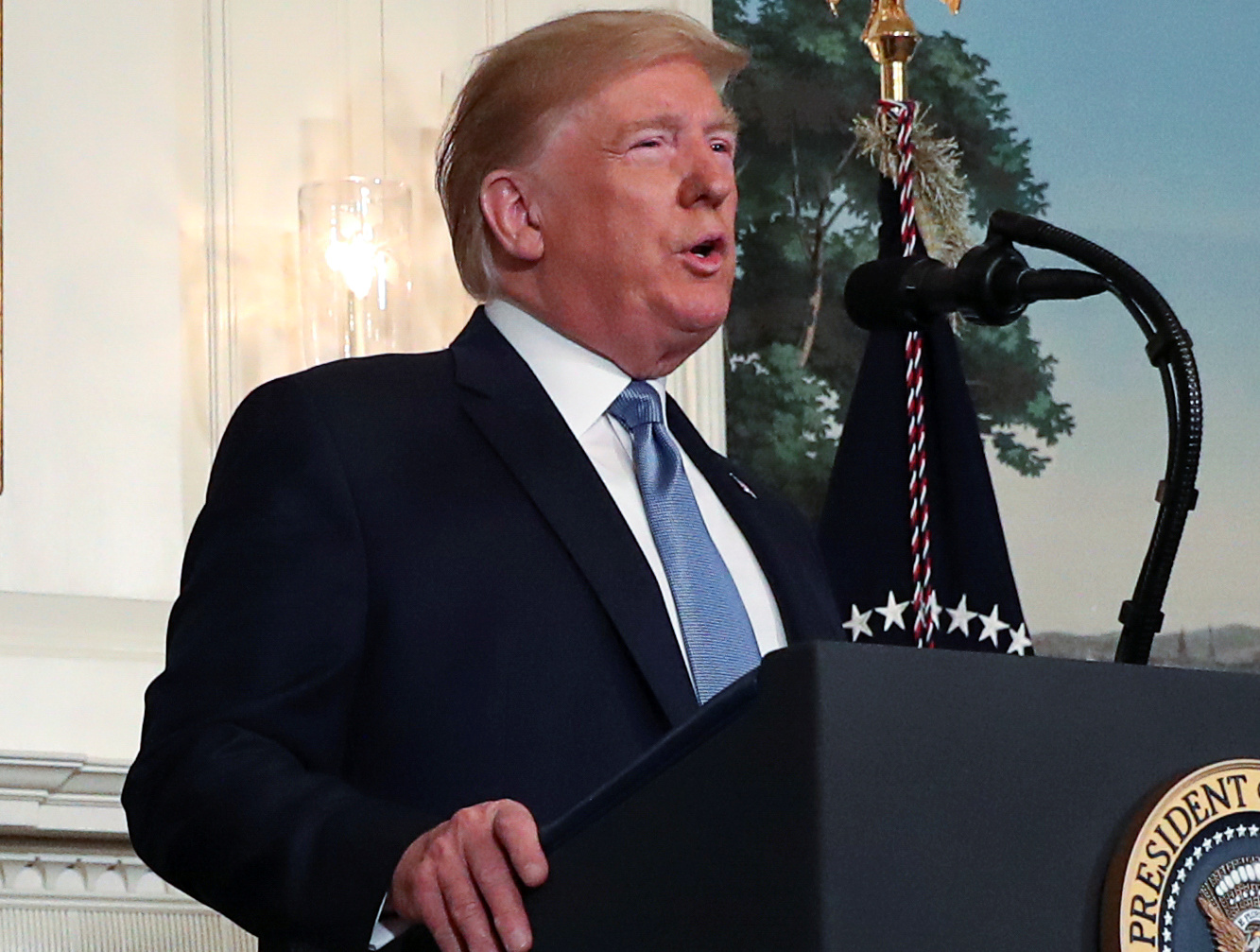
By Mark Hosenball and Mica Rosenberg
WASHINGTON (Reuters) – The Justice Department is looking into ways to tighten federal criminal law to make it easier to prosecute alleged domestic terrorists, a top Justice Department official told Congress on Thursday.
Brad Wiegmann, deputy chief of the Justice Department’s national security division, noted that U.S. federal prosecutors can charge suspected foreign militants with “material support for terrorism,” but that there is no parallel law prosecutors can use against suspected domestic terrorists.
Legal experts have suggested that disparity should be addressed following the deadly Jan. 6 riot at the U.S. Capitol by supporters of Donald Trump.
“That is something that we are thinking about,” Wiegmann told a House appropriations subcommittee hearing. But he added: “We haven’t reached any conclusions on that yet.”
The power to change the law rests with Congress, not President Joe Biden’s administration. But Biden, whose Democrats narrowly control both houses of Congress, has made tackling domestic terrorism a priority.
“We won’t ignore what our intelligence agencies determine to be the most lethal terrorist threat to our homeland today, white supremacy is terrorism,” Biden said in his first speech to a joint session of Congress on Wednesday.
John Godfrey, a senior State Department counterterrorism official, told a separate House Homeland security subcommittee hearing on Thursday that U.S. diplomatic posts had reported rising concerns about links between racially and ethnically motivated violent extremism in the United States and Europe. He added that groups had encouraged individuals to join the military or law enforcement agencies to gain training that could be used to target perceived enemies.
(Reporting By Mark Hosenball and Mica Rosenberg; Editing by Bill Berkrot)








